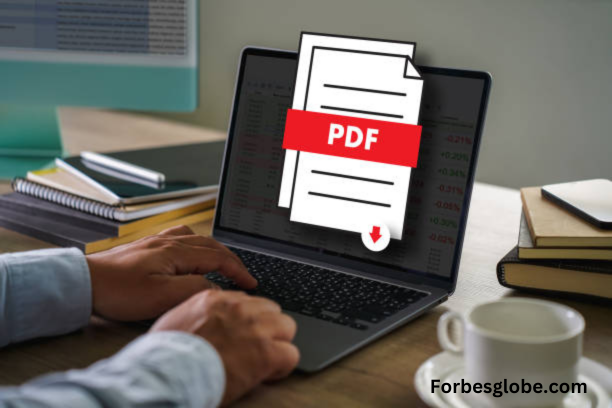Are you looking to optimize your file content conversion strategies?
In today’s virtual natural world, the ability to transform and manage document file content is critical. However, managing a large number of records might be intimidating. Library software is an essential tool for this purpose, but it can sometimes create inefficiencies and make it harder to access important resources.
This article will discover why library software is crucial for file content conversion. Read on to unlock the ultimate tool for managing your digital resources!
Enhanced Efficiency
Library software simplifies file content conversion. Automated features allow batch processing, allowing multiple files to be converted simultaneously. This efficiency becomes especially valuable when dealing with large volumes of content. Streamlining workflows speeds up conversion and reduces mistakes, saving users time and resources.
Additionally, the software often includes tools for error-checking and validation. This can further reduce the likelihood of issues. This efficiency allows libraries to focus on providing quality services to their users.
Versatile File Format Support
One key attribute is its ability to work with various file formats. From standard text files to images, comprehensive software supports conversion between numerous formats. This adaptability guarantees that users may access several kinds of material without considering compatibility problems. Library collections can be digitized in the forms most appropriate for their purposes.
Additionally, this support enables the integration of new materials into existing systems, allowing for a more seamless experience when accessing diverse resources.
User-Friendly Interface
Modern library software is designed with users in mind. They offer intuitive interfaces that make file conversion accessible to all. Regardless of technological proficiency, users can navigate the software easily, minimizing the learning curve. This approach ensures that teams can maximize productivity without extensive training.
High-Quality Output
Converting files is paramount for maintaining the quality of content. Library software employs robust algorithms to ensure that the converted files retain their original quality. This assurance is crucial for those in fields where data integrity is critical. Users can trust that their documents will function as intended after conversion.
Additionally, high-quality output reduces the need for rework. This focus on quality enhances the value of digital resources.
Enhanced Collaboration
Many library software solutions integrate with other tools and platforms. This connectivity enables users to manage their resources efficiently. Libraries can link their catalogue systems with digital asset management software, streamlining the process of uploading and organizing files and fostering better communication among staff members.
They can also use Java HTML to PDF conversion to turn web content into shareable documents. This allows users to share converted documents across different platforms, fostering collaboration among staff and improving productivity.
Enhanced Security Features
Library software often includes encryption and secure access features, which protect data throughout the conversion process. This added layer of security ensures compliance with regulations and instills trust in users regarding their sensitive content.
Maximizing Your File Content Conversion
Library software is an essential tool for efficient file content conversion. Switching to library software simplifies the conversion process and ensures the quality and security of your valuable resources.
Consider adopting library software to streamline your operations. This will unlock the full potential of streamlined digital resource management.
Read more posts on our blog if you want to find out more.
Also Read:

